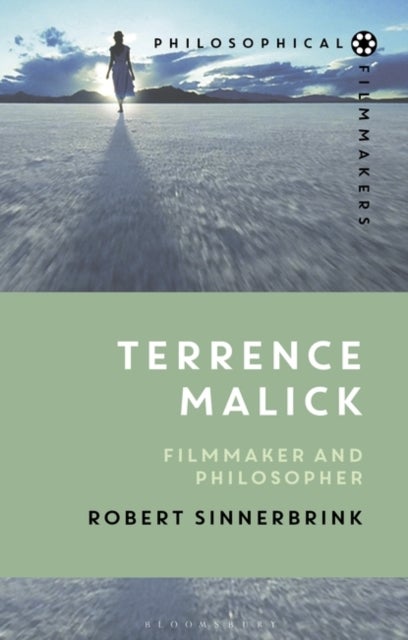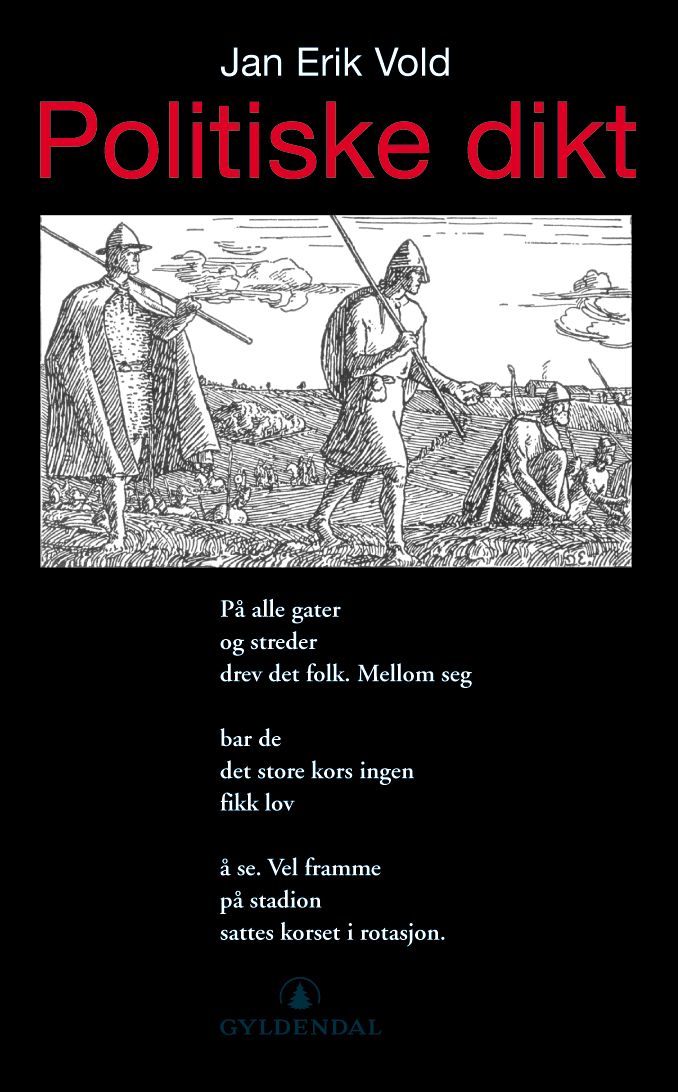
Terrence Malick av Dr Robert Sinnerbrink
349,-
Many critics have approached Terrence Malick''s work from a philosophical perspective, arguing that his films express philosophy through cinema. With their remarkable images of nature, poetic voiceovers, and meditative reflections, Malick''s cinema certainly invites philosophical engagement. <br/><br/>In <i>Terrence Malick: Filmmaker and Philosopher</i>, Robert Sinnerbrink takes a different approach, exploring Malick''s work as a case of cinematic ethics: films that evoke varieties of ethical experience, encompassing existential, metaphysical, and religious perspectives. Malick''s films are not reducible to a particular moral position or philosophical doctrine; rather, they solicit ethically significant forms of experience, encompassing anxiety and doubt, wonder and awe, to questioning and acknowledgment, through aesthetic engagement and poetic reflection. <br/><br/> Drawing on a range of thinkers and approaches from Heidegger and Cavell, Nietzsche and Kierkegaard, to phenomenology and








